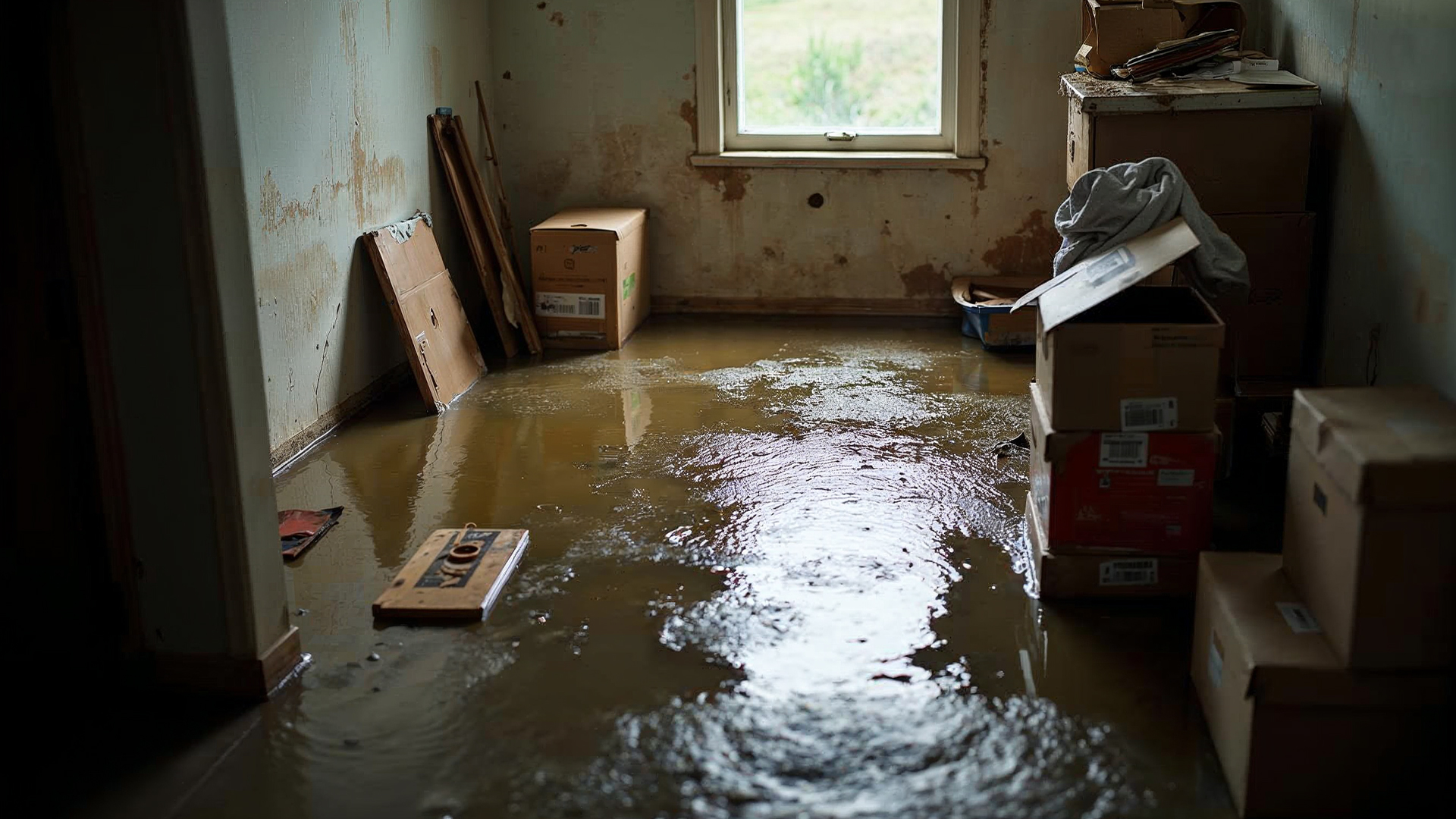The Dangers of Not Detecting and Dealing with Basement Water Damage
Water damage is a serious problem that can cause extensive damage to your home and belongings. Basement water damage is often difficult to detect and can go unnoticed for long periods of time, leading to even more serious problems. It’s important to be aware of the dangers of not detecting and dealing with basement water damage, and to take steps to prevent it from happening in the first place.
Damages Caused by Basement Waster
If water damage is not detected and dealt with in a timely manner, it can lead to a number of serious problems. These include:
- Structural damage to your home: Water can seep into the ground surrounding your home and then find its way through cracks in the foundation or other openings to affect the structural integrity of your house. When this happens, it can cause symptoms like drywall cracking, peeling paint, wall bulging, and sunken floors and it can weaken the structure and make it more susceptible to collapse.
- Extensive damage to your belongings: In addition to damaging your home, water can also cause extensive damage to your belongings. Water can penetrate porous materials, such as carpeting and upholstery, and ruin them completely. It can also get into wooden furniture and cabinets, causing warping and rotting over time.
- Mold growth: Finally, water damage can also lead to mold growth, which can cause a variety of adverse health effects. Mold spreads quickly and is often difficult to detect, so it’s important to do everything you can to prevent mold from growing in your home. Mold can be very harmful, posing serious health risks to you and your family.
Preventing Basement Water Damage
In order to prevent basement water damage from happening in the first place, it’s important to take a few simple steps. These include:
- Cleaning up any spills or leaks immediately: If you notice any water on the ground, make sure to clean it up quickly. Not only will this prevent water from spreading, but it can also help to deter mold growth.
- Sealing cracks and leaks: If you notice any cracks or leaks in your basement walls, make sure to seal them as soon as possible. This not only helps to protect the structural integrity of your home, but it can also make it easier to detect water damage if it does occur.
- Keeping your basement dry: If you’re able to keep your basement dry, it will be much less likely to get damaged by water. This can be done by installing a waterproofing system or dehumidifier in your basement, keeping the ground outside free of debris and vegetation, and making sure that any rain gutters and downspouts are clear and functioning properly.
If you take these steps to prevent basement water damage, you’ll be much less likely to have to deal with the serious problems it can cause. However, if water damage does occur, it’s important to act quickly in order to minimize the damage and protect your home and belongings. With the right knowledge, tools, and techniques, you can detect water damage before it becomes too severe and take steps to deal with it effectively. By being aware of the dangers of not detecting or dealing with basement water damage, you can help to ensure that your home is protected from this serious problem.









